|
|
Post by Admin on Oct 30, 2019 4:42:18 GMT
Organisers of the Tokyo 2020 Olympics on Tuesday (Oct 29) unveiled a custom-built US$188 million gymnastics venue inspired by Japanese architecture that uses wood brought from around the country. 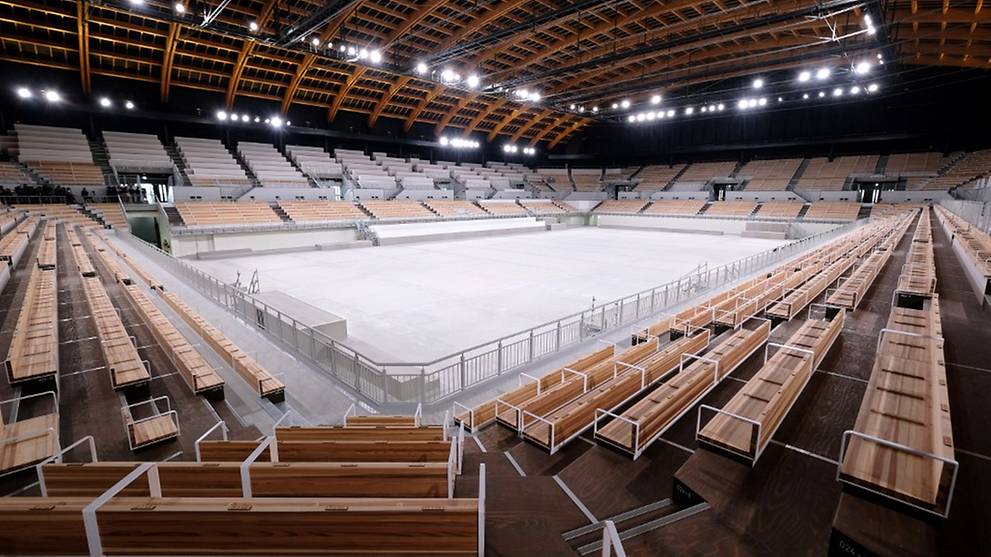 The futuristic-looking Ariake Gymnastics Centre in central Tokyo uses 2,300 cubic metres of wood and is intended to hark back to traditional building techniques that predated the use of modern materials. The structure features a gently undulating roof, with external walls constructed from lengths of cedar wood. 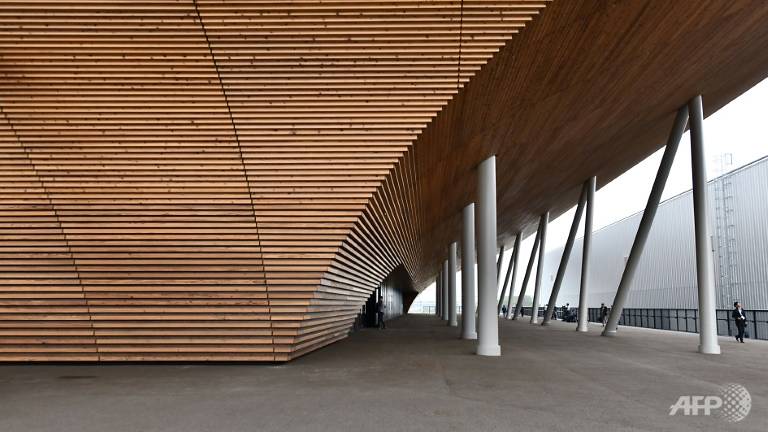 Supporting rods allow the building to look from a distance as though it is suspended in the air. Organisers said it was intended to look like a "a wooden bowl, floating in the bay area".  |
|
|
|
Post by Admin on Oct 30, 2019 20:41:12 GMT
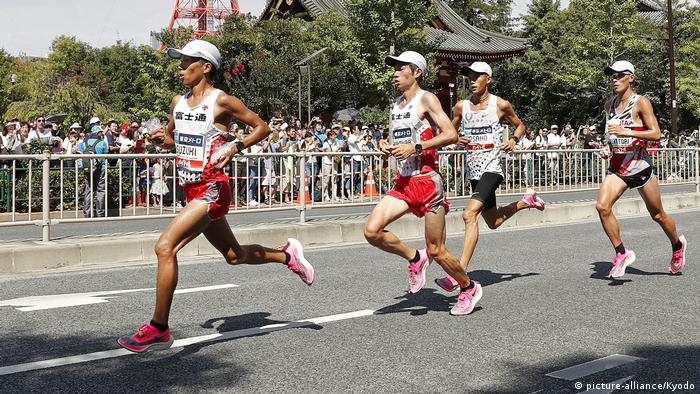 The International Olympic Committee's (IOC) decision to move the 2020 Olympic marathon and race walk 800 kilometers (500 miles) north to Sapporo has not gone down well with Tokyo's Governor Yuriko Koike. At a regular Coordination Commission meeting on Wednesday, Koike insisted that the race remain in the Japanese capital, claiming that the abrupt decision to move both events to Sapporo was made without consulting Tokyo or local organizers. 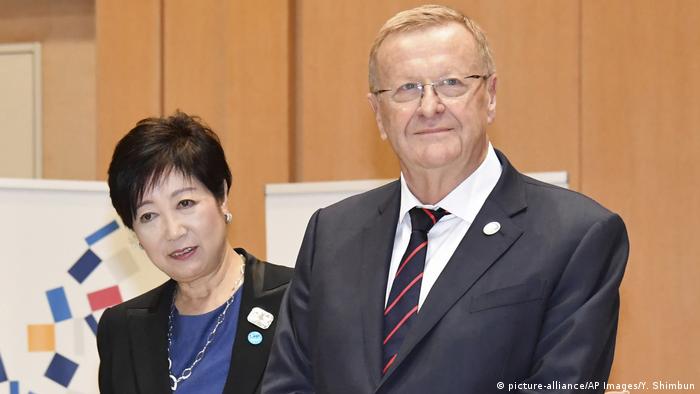 "It is my wish for the marathon and race walk to be held in Tokyo," Koike said. "We consider it an unprecedented turn of events to make such an abrupt proposal with no consultation or discussion whatsoever with the host city Tokyo." Earlier this month, the IOC announced that the marathon and race walk events at the 2020 Olympic Games, for which Tokyo is the host city, would be moved to Sapporo. John Coates, the IOC's Coordination Commission chief for the 2020 Games, said he wants Tokyo to understand the reasons for the switch.  The IOC decided to move the Olympic marathon to Sapporo, where summer temperatures are expected to be cooler than Tokyo. "We owe it to the people of Tokyo to make sure they are fully briefed," Coates said. |
|
|
|
Post by Admin on Nov 1, 2019 19:24:08 GMT
Tokyo’s governor, Yuriko Koike, has reluctantly dropped her opposition to the International Olympic Committee’s surprise decision to move next year’s Olympic marathon and walking events from the capital to the northern Japanese city of Sapporo due to concerns about the heat. 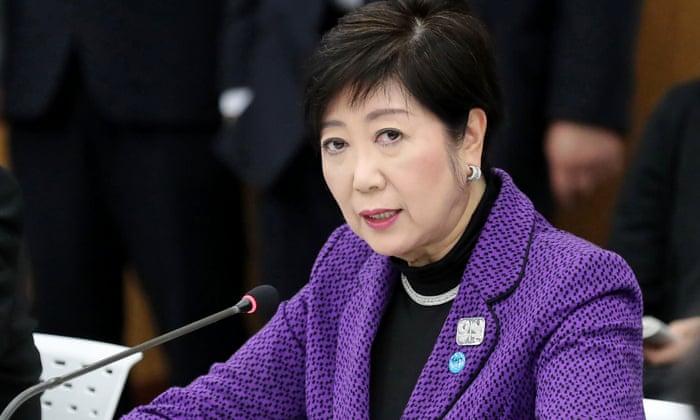 “We cannot agree with the final decision, but the IOC [International Olympic Committee] has the authority to change [the location],” Koike said on Friday in a meeting with IOC representative John Coates. “The most important thing is to assure the success of next year’s Games.” Koike added: “I think we must move forward. I don’t approve, but the decision can’t be avoided.” A Japanese news report quoted her as saying it been a “painful decision, not an agreement”. With less than nine months to go before the 2020 Games start, organisers must now arrange for the men’s and women’s marathons and walking races to be held 800 kilometres (500 miles) north of Tokyo in Sapporo, the biggest city on Japan’s northernmost island of Hokkaido. Temperatures in Tokyo during July and August often exceed 30C, with high humidity expected to add to the athletes’ discomfort. Temperatures in Sapporo, which hosted the 1972 Winter Olympics, during that period are as much as six degrees cooler during the day. The last Summer Olympics in Tokyo, in 1964, were held in October. |
|
|
|
Post by Admin on Nov 26, 2019 21:37:26 GMT
If Russia is found to have violated anti-doping rules, it could face a four-year ban from global competition.
A world anti-doping committee has recommended that Russia face a four-year global sports ban.
The ban, if enacted, would mean Russian representatives would not be able to participate in or attend the Olympics or World Championships during that time.
The Russian flag would not be flown at major world sporting events, and Russia would not be allowed to host events or even bid to host future events such as the 2032 Olympic and Paralympic Games.
The World Anti-Doping Agency's Compliance Review Committee said the recommendation was based on inconsistencies on doping data from Moscow. The committee said Russian data was neither "complete nor fully authentic".
The review committee said data shared by Russian authorities with the anti-doping agency had been deleted or altered. They also said in some cases data from Moscow was back-dated to make it "appear that the Moscow data had been in their current state since 2015".
|
|
|
|
Post by Admin on Dec 16, 2019 20:56:51 GMT
Japanese Prime Minister Shinzo Abe spoke at Sunday’s official completion of the new national stadium, the venue for the opening and closing ceremony of next year’s Tokyo Olympics. It will also host track and field and some soccer. 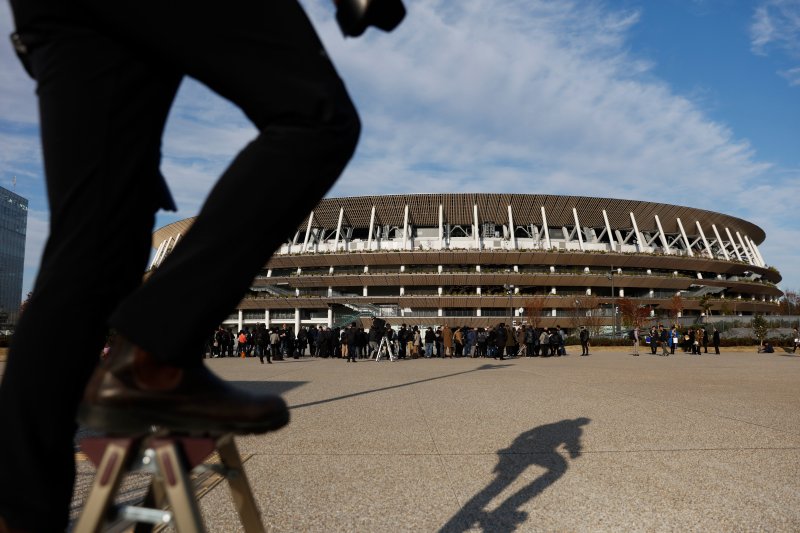 He could have spoken for anyone who has been inside the creation of Japanese architect Kengo Kuma, whose venue is sure to be up for many design prizes. 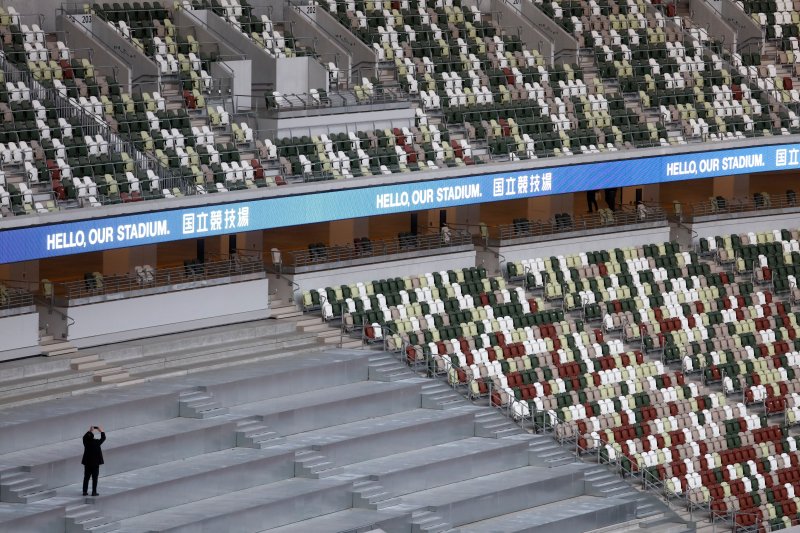 “It blends with its surrounding and the natural environment,” Abe said, noting it showcased Japan’s ties to nature with its use of wood lattice work around the stadium’s rim and roof, and earth-tone colors in the seats that are randomly colored brown, gray, two shades of green and white. |
|